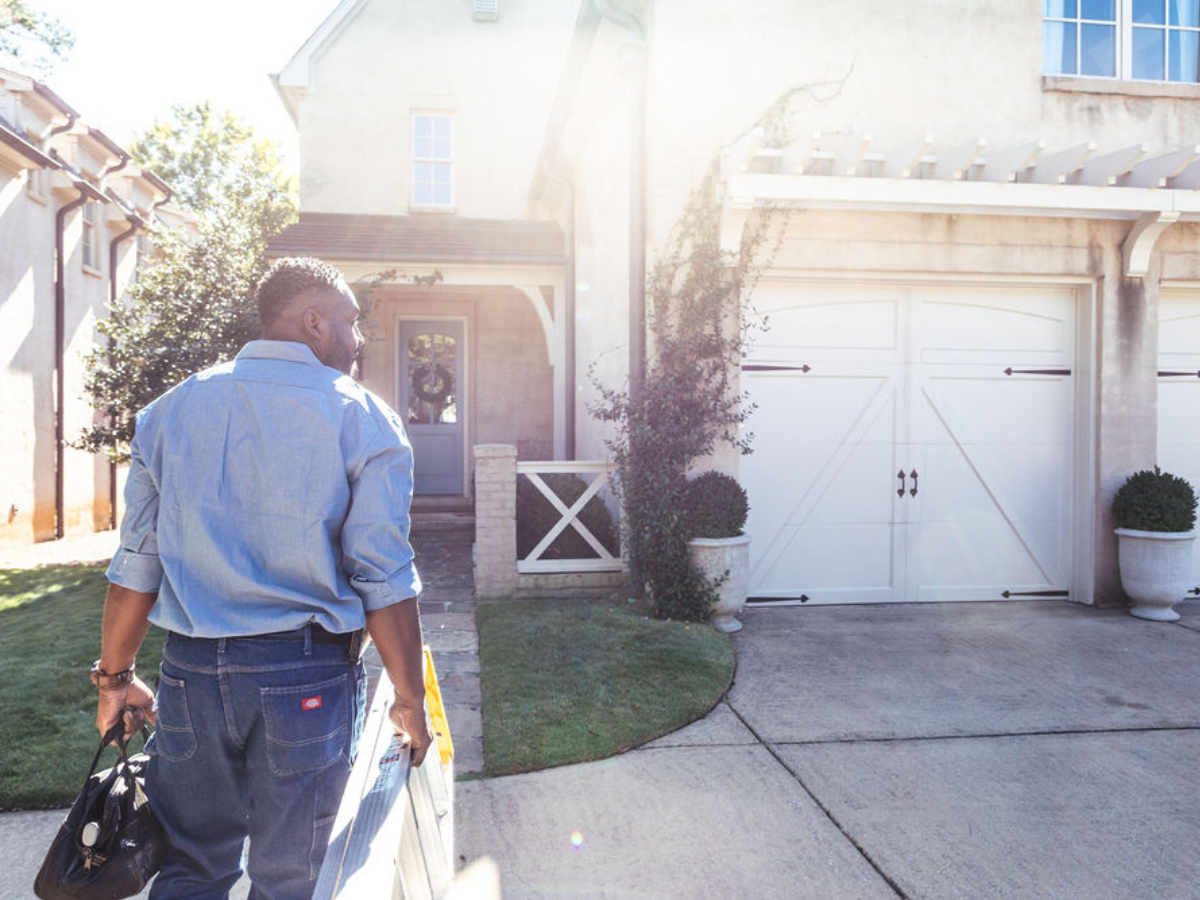In the vibrant city of San Antonio, landlords understand the importance of property maintenance. However, there is often a lingering fear of property damage due to delayed or inadequate maintenance. This fear is not unwarranted, as neglecting timely repairs can have severe consequences for property owners. In this article, we will explore the potential consequences of neglecting property maintenance and highlight the importance of routine maintenance and effective maintenance management. We will also discuss technological tools that can aid landlords in managing their properties more efficiently.
Section 1: The Consequences of Neglecting Property Maintenance
Immediate Impacts
One of the immediate impacts of delaying or inadequately addressing property maintenance is the increased costs associated with repairs. What could have been a minor issue may escalate into a major problem, leading to exorbitant repair bills. Moreover, neglecting property maintenance can result in severe property damage. Leaking roofs, faulty plumbing, or malfunctioning HVAC systems can lead to extensive damage if left unattended. Additionally, poor maintenance practices can create safety hazards for tenants and visitors, exposing landlords to potential liability.
Property owners need to understand that neglecting maintenance not only affects the physical structure of the property but also impacts the property’s reputation. Tenants and potential buyers are more likely to view a well-maintained property as a desirable investment, whereas neglected properties may be perceived as risky or unreliable. This can lead to difficulties in attracting quality tenants or achieving optimal resale value in the future.
Long-Term Effects
Neglecting property maintenance has long-term repercussions as well. For instance, failing to address issues promptly can contribute to property depreciation. Delaying maintenance can also result in increased long-term expenses as relatively minor repairs escalate into major renovations.
Failure to maintain a safe and habitable living environment for tenants can lead to legal disputes and even fines from regulatory authorities. Landlords have a legal responsibility to ensure that their properties meet local building codes, and neglecting maintenance can put them at risk of legal consequences. Property owners need to prioritize regular maintenance to avoid costly legal battles and maintain compliance with housing regulations.
Section 2: Importance of Routine Maintenance
Preventive Measures
Preventive maintenance plays a vital role in avoiding significant property damage. Implementing a regular maintenance schedule ensures that crucial components of the property, such as roofing, HVAC systems, and plumbing, are regularly inspected and maintained.
Cost Benefits
By investing in regular upkeep, landlords can avoid the high costs associated with major repairs resulting from neglect. It is more economical to fix minor issues promptly than wait for them to compound into costly problems.
Section 3: Strategies for Effective Maintenance Management
Regular Inspections
Landlords should schedule regular inspections to assess various components of the property, including electrical systems, plumbing, appliances, and structural integrity. By identifying potential issues early on, landlords can take timely action.
Maintenance Checklist
A comprehensive, seasonal maintenance checklist ensures that no aspect of the property goes unnoticed. A checklist can include cleaning gutters, checking for leaks, inspecting smoke detectors, and servicing HVAC systems. A checklist helps the landlord stay on top of their property's maintenance needs.
Section 4: Dealing with Unexpected Property Damage
Immediate Response Plan
Unfortunately, unexpected property damage can still occur, despite diligent maintenance efforts. In such cases, having an immediate response plan is essential. Landlords should know how to assess and contain the damage swiftly, ensuring the safety of tenants and preserving the property as much as possible.
Professional Assistance
Some situations may require professional assistance to deal with property damage. Developing a reliable network of contractors who can provide prompt and quality repairs is invaluable. Hiring a professional ensures that the damage is dealt with effectively and the property is restored to its optimal condition.
Section 5: Implementing a Maintenance Plan
Setting Up a Maintenance Schedule
Implementing a maintenance plan starts with setting up a comprehensive maintenance schedule, which should cover all critical areas of the property, including both interior and exterior maintenance tasks. By dividing the tasks into manageable timeframes, landlords can ensure that regular maintenance is not overlooked.
Communication with Residents
Landlords should communicate to residents the importance of maintaining their living spaces. Encouraging prompt reporting of issues and providing easy communication channels fosters a collaborative approach to property upkeep.
Section 6: Technological Tools for Maintenance Management
Maintenance Management Software
To streamline maintenance processes, landlords can utilize maintenance management software. These software options help track maintenance tasks, schedule repairs, and document expenses, and landlords can centralize maintenance information and efficiently manage their properties.
Benefits of Technology Integration
Integrating technology into maintenance management enables landlords to reduce errors, save time, and improve overall efficiency. Additionally, technology integration allows for better organization and retrieval of maintenance records, simplifying future maintenance tasks.
Conclusion
In conclusion, addressing the fear of property damage due to delayed or inadequate maintenance is of paramount importance for San Antonio landlords. Neglecting maintenance can lead to immediate impacts, such as increased costs, severe property damage, and safety hazards. Long-term effects include the depreciation of property value and increased expenses.
By addressing the fear of property damage with a solid maintenance strategy, San Antonio landlords can protect their investments and ensure the long-term integrity and value of their properties.
And don’t worry. If the above seems like all too much, you can always outsource maintenance and repairs to a professional property management company. Reach out to our local team today!


